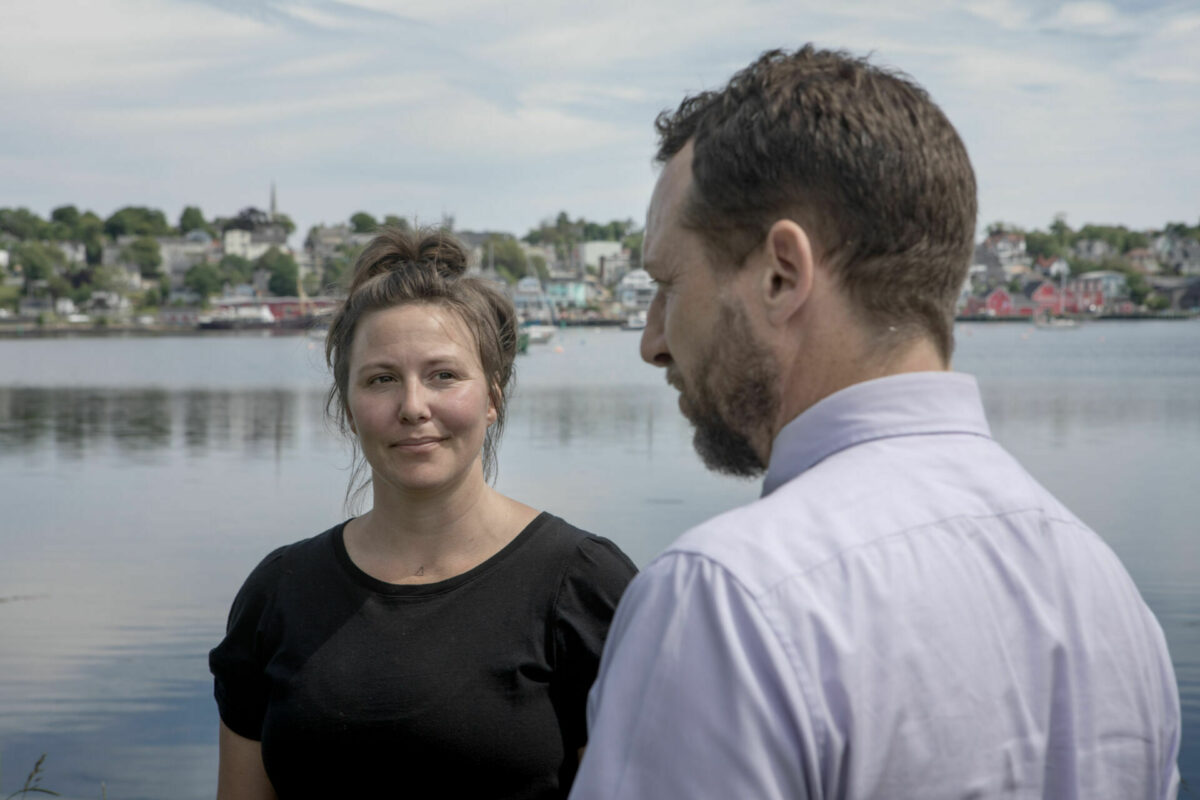Sydney Gordon's Path to a New Beginning
August 27, 2024
Sydney Gordon was just eight years old when she started smoking the marijuana she got from the older boys who lived across the street.
In addition to a traumatic childhood, she struggled with Attention Deficit Hyperactivity Disorder (ADHD) without receiving any medication or help.
“I spent my whole life being punished for being weird and lazy and not thinking the same as other people,” she says.
Buying marijuana led to Dilaudid, a powerful painkiller—and at 18, Sydney was hooked on opiates. Using drugs was her attempt to self-medicate, and to cope with the pain of abusive relationships.
When Sydney did withdraw from opiates, she replaced them with cocaine and alcohol, in a painful cycle that left her bouncing from one unhealthy relationship to the next.
“I feel like that was my first addiction,” she says. “I had no idea how to get in a healthy relationship.”
At 27, while she was living in a shelter in Bridgewater, N.S., Sydney met a doctor who helped her end the cycle of addiction she was stuck in. Dr. David Martel is the Physician Lead, Addiction Medicine with Nova Scotia Health’s Mental Health and Addictions Program.
Dr. Martel helped Sydney wean off opioids, using first methadone and then suboxone—both approved medical substitutes to opioids.
“I never used opioids again after that,” Sydney says.
For the next six years, Sydney was sober. She had a son, Harry, got a job, and spoke at conferences, alongside Dr. Martel, about her recovery.
“I really wanted it, and I really worked hard at it,” she says.
A car accident that gave Sydney a concussion triggered a relapse, however. When her cocaine use began to affect Sydney’s relationship with her son Harry, she knew it was time to get more help. The crisis came when she missed taking Harry out for Halloween, because she was too impaired to drive safely to his dad’s to meet him.
Sydney realized her drug dependence could cost her the person who mattered to her the most. With Dr. Martel and his team’s assistance, she returned to recovery, motivated by her desire to be the best mother she could be for Harry.
Today, Sydney has been sober for 18 months and has finished her suboxone treatment. She begins her Bachelor of Social Work program at Dalhousie in September 2024. Sydney hopes medical research like Dr. Corey Baimel’s studies of the circuits and cells in the brain that motivate behaviour will reduce the stigma that labels people with addictions “bad” or “weak.”
“I’m so grateful for my life and everything I have,” Sydney says. “My worst day now is better than any of my best days in those years of addiction.”
Learn more about the 2024 Molly Appeal.

